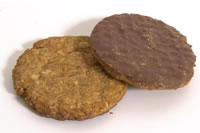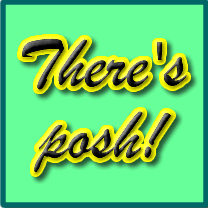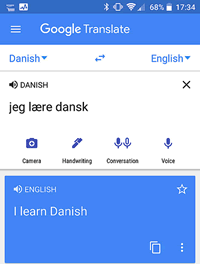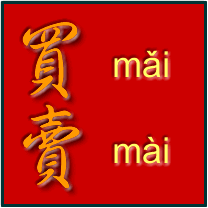
Do you hobnob? Have you ever hobnobbed? Would you hobnob?
To hobnob means “to spend time being friendly with someone who is important or famous”, according to the Cambridge Dictionary.
According to Meriam-Webster, to hobnob means “to drink sociably” (archaic), or “to associate familiarly”.
The words hob and nob first appeared together in print Shakespeare’s Twelfth Night and meant “hit or miss”, and probably come from habnab (in one way or another). The phrase “to drink hobnob” (to drink alternately to each other) became popular, and as drinking was a shared activity, hobnob came to refer to a friendly social interaction.
Wikitionary defines to verb to hobnob as follows:
- To drink together
- To have or have not; to give or take (obsolete, rare)
- To toast one another by touching glasses (obsolete)
The noun hobnob is defined as:
- A toast made while touching glasses together (obsolete)
- A drinking together
- An informal chat
Apparently it comes from hob and nob, a toasting phrase possibly meaning “give and take”, from dialectal hab nab (“to have or have not”, in the sense of an invitation to have a drink), from Old English habban (to have, possess).
Hobbnobby hobnobbers hobnob snobs nibbling hobnobs. Say that quickly a few times. It might be more difficult if you’ve just eaten a hobnob (a kind of biscuit, pictured above) and are suffering from hobnob gob.
This word came up at the French conversation group last night, and we discovered that the French equvialent is frayer avec qn or fréquenter qn.
For example “On n’a rien perdu, à part la possibilité de frayer avec un tas de snobs malheureux.” (We haven’t lost a thing except the chance to hobnob with a bunch of unhappy snobs.) [source].
Frayer means to open up, clear or spawn, and frayer avec means to associate/mix with [source]. It is used in such expressions as:
- se frayer un passage dans = to clear o.s. a path through; to force one’s way through
- frayer une voie = to blaze a trail, to pave the way
- se frayer un chemin = to pick one’s way; to shove in
Are there words meaning similar things in other languages?




